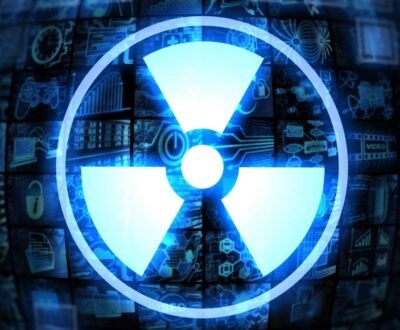Supercapacitors Study With MRI May Reveal The Secret Of Energy Storage Mechanism
- October 11, 2019
- Blog
Capacitors are created to store electric charge, but their storage capabilities are restricted. Engineers at General Electric first experimented with the electric double-layer capacitor, which led to the development of an early type of supercapacitor in 1957. In current years, advances have been created to address this shortcoming. Among these has been the creation of supercapacitors, which can retailer far more electrical charge than their predecessors. The modern supercapacitor is not a battery per se but crosses the boundary into battery technology by using special electrodes and electrolyte. However, the exact nature of this charge course of action in supercapacitors remains a subject of debate.
A team of chemists from New York University and the University of Cambridge has developed an approach for examining the inner workings of supercapacitors. Their method primarily based on magnetic resonance imaging (MRI). Alexej Jerschow, a professor in NYU’s Division of Chemistry and Clare Grey, a professor in the Department of Chemistry at the University of Cambridge conclude that the MRI method actually permits to look inside a functioning electrical storage device and find molecular events that are accountable for its functioning.
The researchers found that MRI could pinpoint the location and estimate the amount of both positively and negatively charged electrolyte ions—data that are crucial to understanding the energy storage mechanism.
The technique has the potential to analyze functioning devices at different states of charge, and thus to provide information on the microscopic processes which are ultimately responsible for the storage and power capacity of a device.
About us and this blog
We are a teleradiology service provider with a focus on helping our customers to repor their radiology studies. This blog brings you information about latest happenings in the medical radiology technology and practices.
Request a free quote
We offer professional teleradiology services that help hospitals and imaging centers to report their radiology cases on time with atmost quality.
Subscribe to our newsletter!
More from our blog
See all postsRecent Posts
- Understanding the Challenges of Teleradiology in India January 19, 2023
- Benefits of Teleradiology for Medical Practices January 16, 2023
- Digital Transformation of Radiology January 2, 2023









